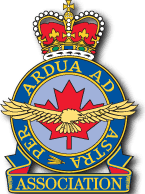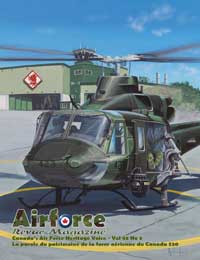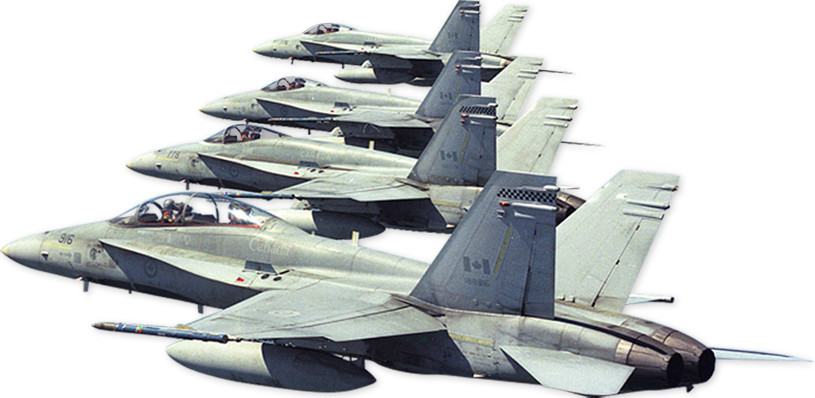The only known non-pilot ace of the Second World War. He won that distinction after remustering from a general duties airman to an air gunner in 1943. On his first operational mission Sgt. Engbrecht scored a double success against German night-fighters and followed up with a repeat performance about one month later. For his efforts Flight Sargent Engbrecht was awarded the Conspicuous Gallantry Medal by King George V1 in August 1944. The citation read in part: A His exceptional coolness and confidence under fire was a source of inspiration to other crew members. Officially, Engbrecht is credited with 51/2 kills, but he says he really chalked up nine. Throughout the three days of hectic convention activity in Ottawa, Master Corporal Pete Engbrecht showed he=d lost none of his cool confidence. With easy poise he faced an opening barrage of questions from the press, the floodlights of TV crews and countless flash bulbs. Next morning after a brisk two-hour walk, he faced more press at 8.30, attended the RCAFA wreath-laying ceremonies at the National Cenotaph after which he was whisked away by car to a dais in front of the Parliament Buildings. There, the first ever to be so honored Mcpl. Engbrecht took the salute as the RCAFA=s 200 delegates from 75 communities across Canada paraded their colors in review. In equally great style he attended all the functions and luncheons, filling the gust of honor role with easy dignity. His crowning moment came during the banquet, Friday Sept. 29, when the patron of the RCAFA, His Excellency Roland Michener said in his address: AMaster Corporal Engbrecht, the Royal Canadian Air Force Association saluted you yesterday on Parliament Hill, Your Governor-General salutes you now.@ ANot bad for a Manitoba blacksmith,@ chuckled Pete later that evening as he recalled his rise in rank to pilot officer in wartime and to flying officer during a postwar short- service commission. Then, as he remarked, Atimes changed@. When his five-year contract was up he was let go because he lacked sufficient formal education to be a career RCAF officer. But he bounced right back and signed on again as an airman with the rank of leading aircraftman and began the long, slow climb back up to his present rank. ASome of the young lads wonder about their future when they hear about my past,@ he told someone who asked if he didn=t bear any grudges against the service after all these years. ABut I tell them that, if they are as good to the service as the service has been to me, then they=ll go a long way and enjoy every minute of it.@ Those aren=t the words of a >has-been=! They=re from a man who is still very much an ace. Unquote. FOOTNOTE – This editorial was written by Major Dave Fry, who at that time was Editor of the Canadian Forces journal, The Sentinel.








